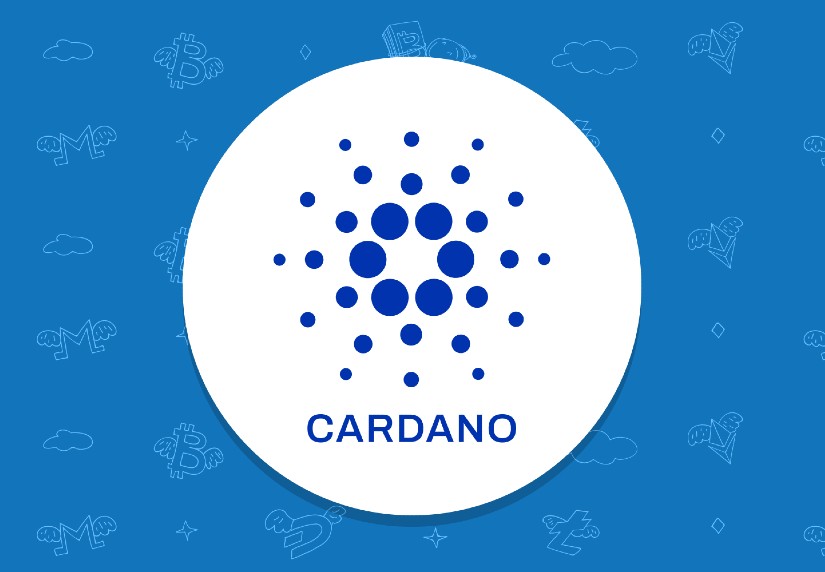Input Output Global (IOG), the company behind the development of the Cardano blockchain, recently made headlines after rejecting the United States Securities and Exchange Commission’s (SEC) claims that the ADA token is a security. This move set the stage for an interesting debate and exploration of the regulatory complexities surrounding the cryptocurrency industry.
In its case against Binance and Coinbase, the SEC argues that ADA is classified as a security, in part due to the fact that early investors in the project received a portion of the tokens as a reward for their contribution. According to the SEC, this distribution constitutes an illegal offering of securities under US law.
IOG’s rejection of the SEC’s claims comes as the agency is neck-deep in a lawsuit against another cryptocurrency company Ripple Labs, alleging that its cryptocurrency XRP, was a security. However, the case against Ripple has been watched closely by the cryptocurrency industry, as it could set a precedent for how the agency regulates other cryptocurrencies.
Interestingly, the regulatory status of cryptocurrencies like ADA is still somewhat murky, with different countries and jurisdictions adopting varying policies and guidelines. In the case of the SEC, the agency has been clamping down on what it sees as unregistered securities offerings, including some initial coin offerings (ICOs) and other digital assets.

Cardano Foundation Says ADA is a Token
However, Input Output Global has rejected these claims, stating that ADA is a utility token and not a security. The company has noted that the distribution of tokens was done in a transparent and open manner, with no intent to defraud investors or violate securities laws.
This dispute highlights the larger issue of regulating cryptocurrencies and digital assets. While many proponents of the industry argue that cryptocurrencies are a democratizing force, enabling financial inclusion and innovation, others worry about the potential risks and challenges posed by unregulated markets. As such, it is essential that all stakeholders work together to establish a clear and responsible path forward for the crypto industry.
Recall that just recently, the SEC filed lawsuits against two cryptocurrency exchange giants Binance and Coinbase for allegedly offering unregistered securities. The SEC alleges that Coinbase’s lending product, which allows users to earn interest in their cryptocurrency holdings, qualifies as a security.


